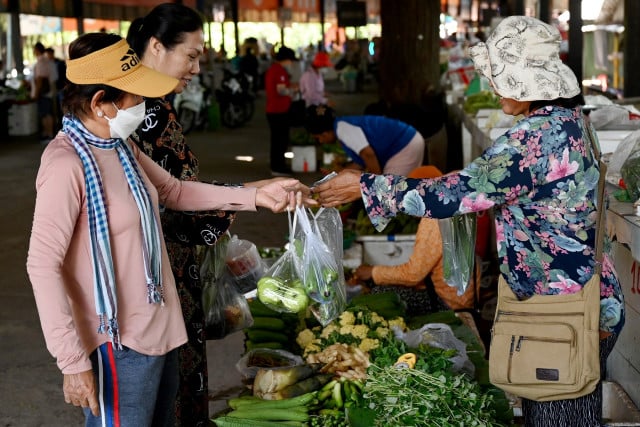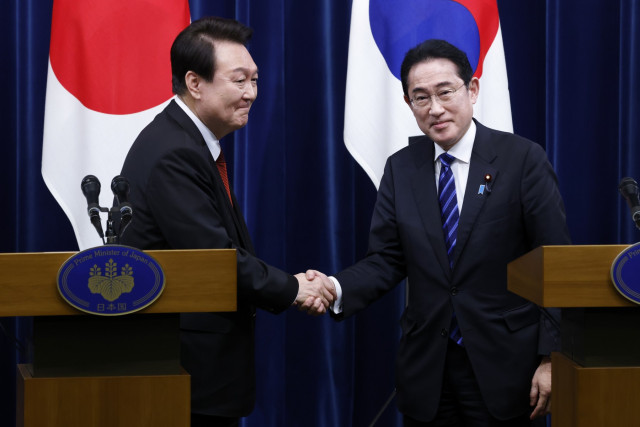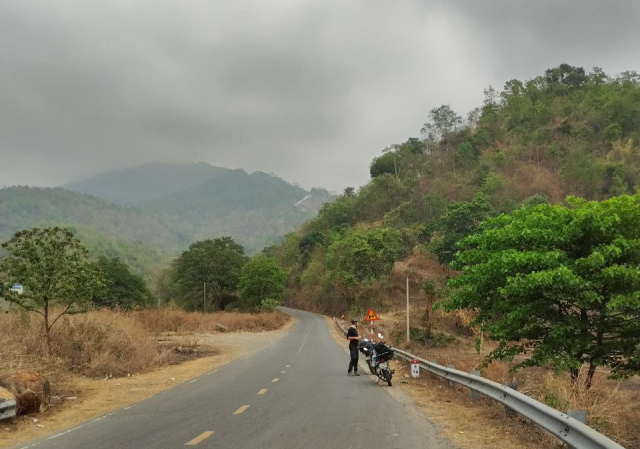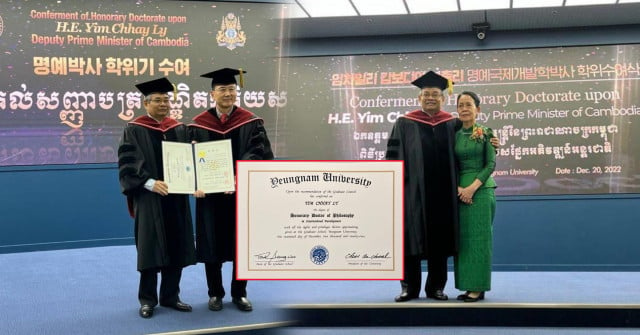Environmentally-Responsible and Pro-Ethical Aspirations Are all the Rage

- By Cambodianess
- August 6, 2023 10:00 AM
The ecological commitment of Cambodian consumers appears to be quite high if one is to believe the results of a recent study conducted by the research and consulting firm Confluences and Standard Insights.
In answer to the question “[w]hich of the following [sustainably-driven] actions have you consciously done over the past year,” 42 percent said they bought products and services based on the sole purpose of supporting eco-friendly and ethical practices while 44 percent said having promoted on their own social media or among friends and family brands and services that meet those criteria.
Slightly more than 17 percent of the people said they had researched the policies of the brands regarding these issues before purchasing their products.
This study noted even more activism behavior since nearly 25 percent of the people interviewed went as far as boycotting non-ethical brands and products while 16 percent of the 1,000 or so people in the sample considered “representative” in this study said having taken part in protest campaigns against brands they accused of destroying the environment or lacking ethics.
While buying local products, being careful about one’s trips, using recycled water or better managing one’s energy spending are now part of the ecologically-responsible actions, the position the most put forward by this study is fighting food waste since 56 percent of the people interviewed said having put that into practice. One can understand this all the more easily since going against food waste combines environmental concerns and better family-budget management concerns.
Like any survey, this study has its limitations: limited size of the sample group, tendency that people surveyed might be influenced when they answer by the trendy “ecofriendly” discourse.
However, as proof that it reflects reality, more and more brands are showcasing their so-called ecological and ethical virtues to seduce consumers.
As there soon will be “new blood” in the leadership of the country and a new generation of leaders is to bring in new momentum in the management of public affairs, this study is not without interest.
The new authorities might find in this inspiration to make their mark on the Cambodia of tomorrow.
Now that the essential of the country’s reconstruction has been done at accelerated pace by the generation of the post-war leaders, wouldn’t it be the time to include on a large scale in the urban, rural, economic, and social development policies the goals and hopes expressed in this study?
New blood is great. The vision of the country’s new generation of leaders may soon follow.















